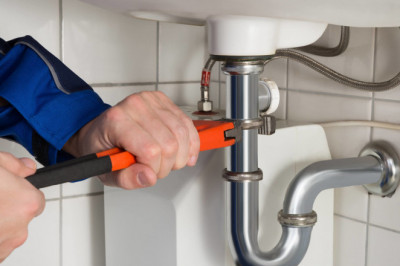views

Introduction Of Ultra Filtration Water Plant
Ultrafiltration (UF) is proven to be a competitive treatment compared with conventional ones. The production of clear and sparkling water that is safe as far as disease is concerned usually requires chemical precipitation, adsorption, sedimentation, and filtration. Each step of this process has to be controlled to get optimal performance of the overall process, which results in a complex control system.
Nowadays, UF is used to replace the clarification steps in the conventional water treatment plant, i.e., coagulation, sedimentation, and filtration, and can be defined as a clarification and disinfection membrane operation. UF membranes are porous, however, all particulate contaminants such as viruses and bacteria, including macromolecules are rejected. The main advantages of low-pressure UF membrane processes compared with conventional clarification (direct filtration, settling/rapid sand filtration, or coagulation/sedimentation/filtration) and disinfection (post chlorination) processes are no need for chemicals, size-exclusion filtration as opposed to media depth filtration, good and constant quality of treated water in terms of particle and microbial removal regardless of raw feed water quality, process and plant compactness, and simple automation.
Applications Of Ultrafilterations Water Treatment Plant:
- Industrial Process and Wastewater
- Oil Removal in Wastewater Treatment
- Dissolved NOM in Surface Water
- Biotech / Pharmaceutical
- Gelatin concentration & purification
- Food & Beverage
- Dairy












